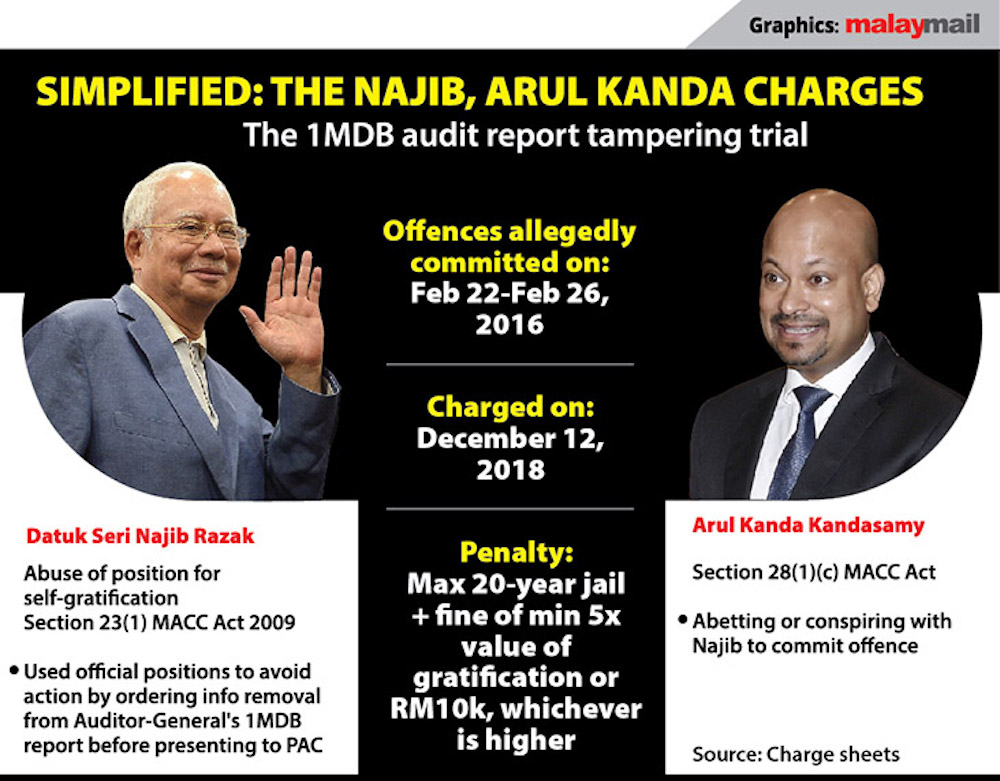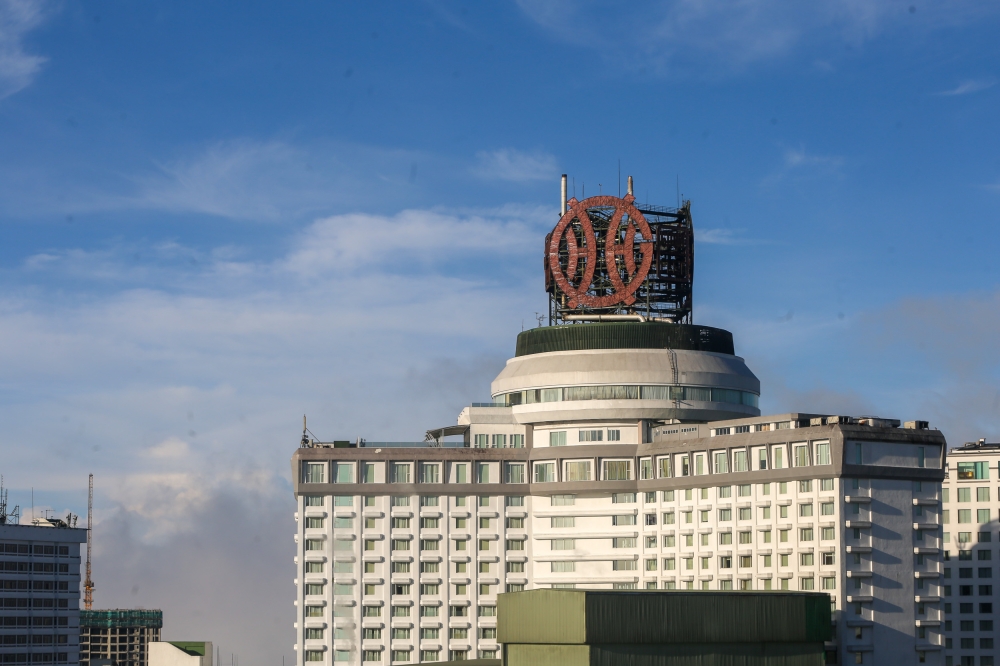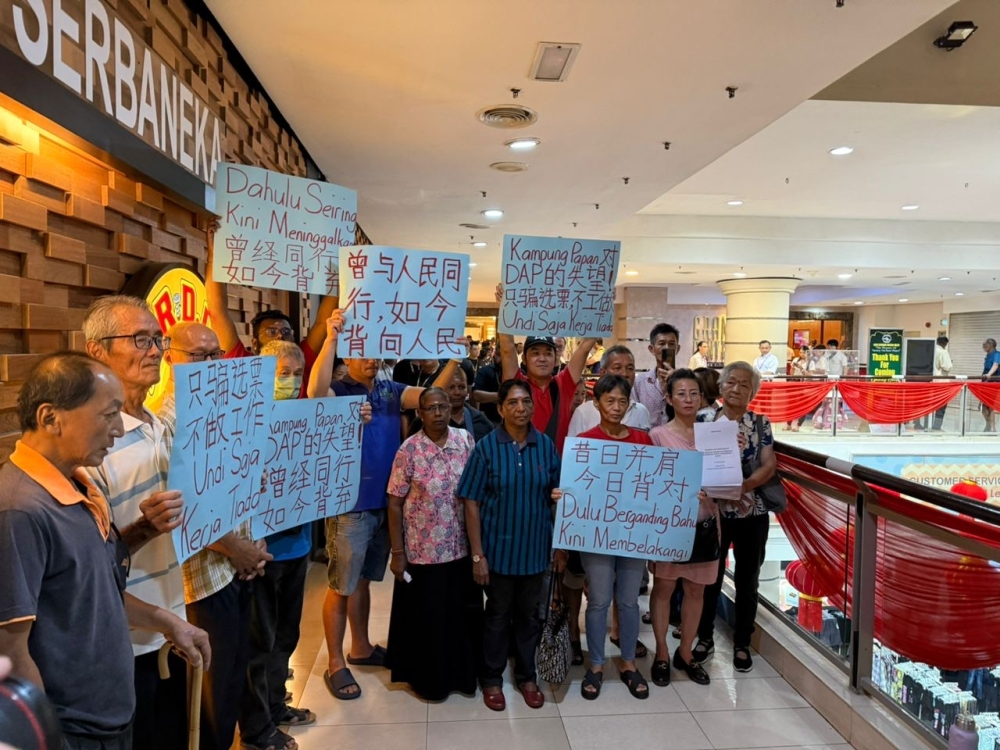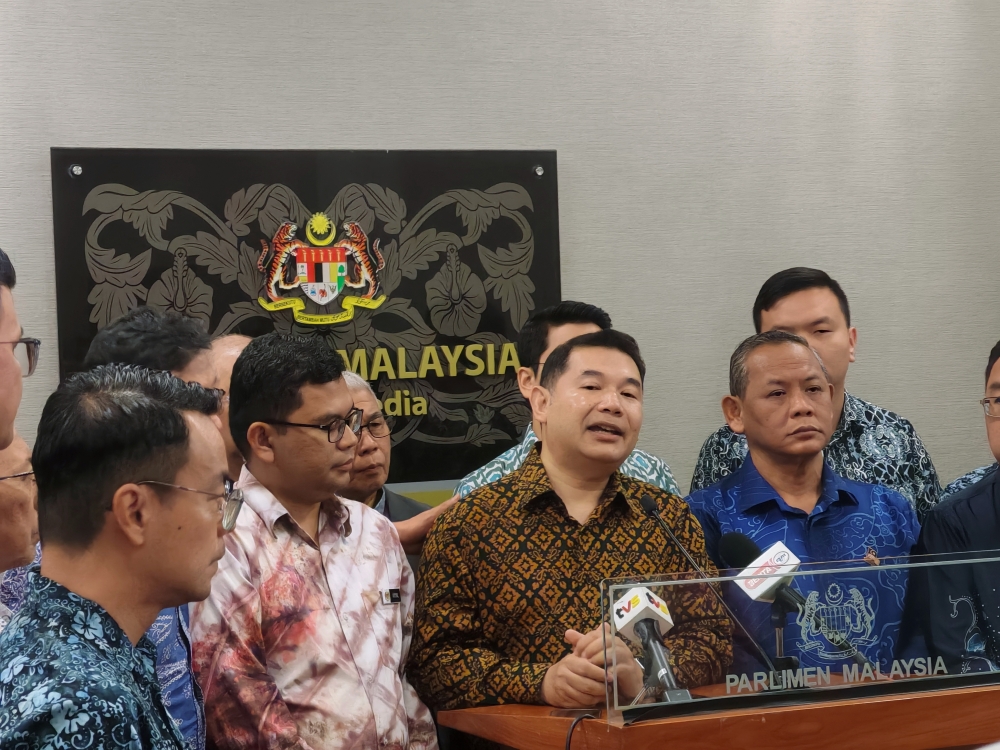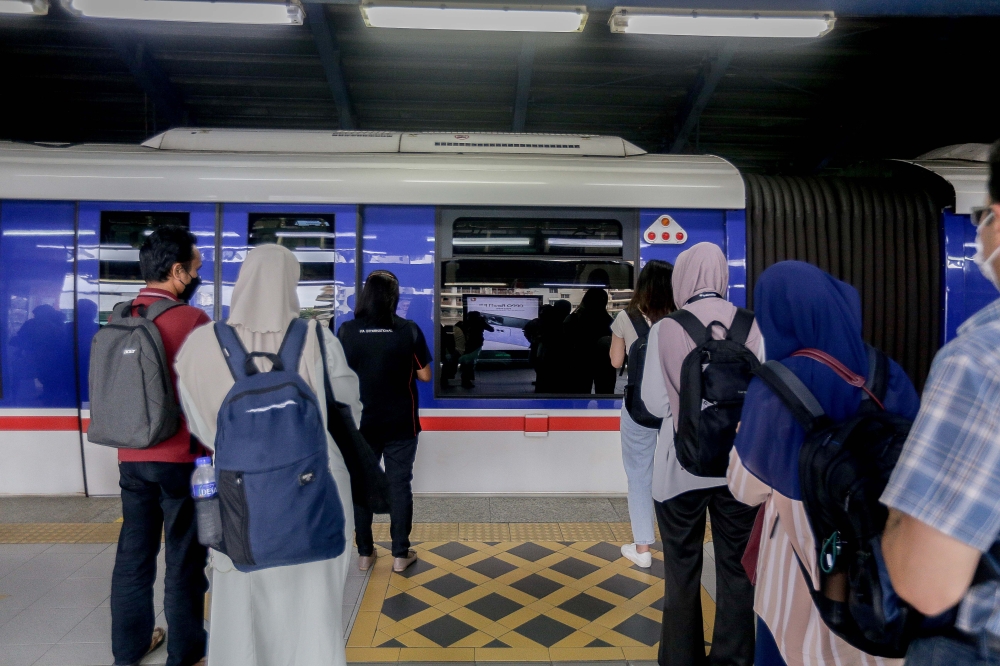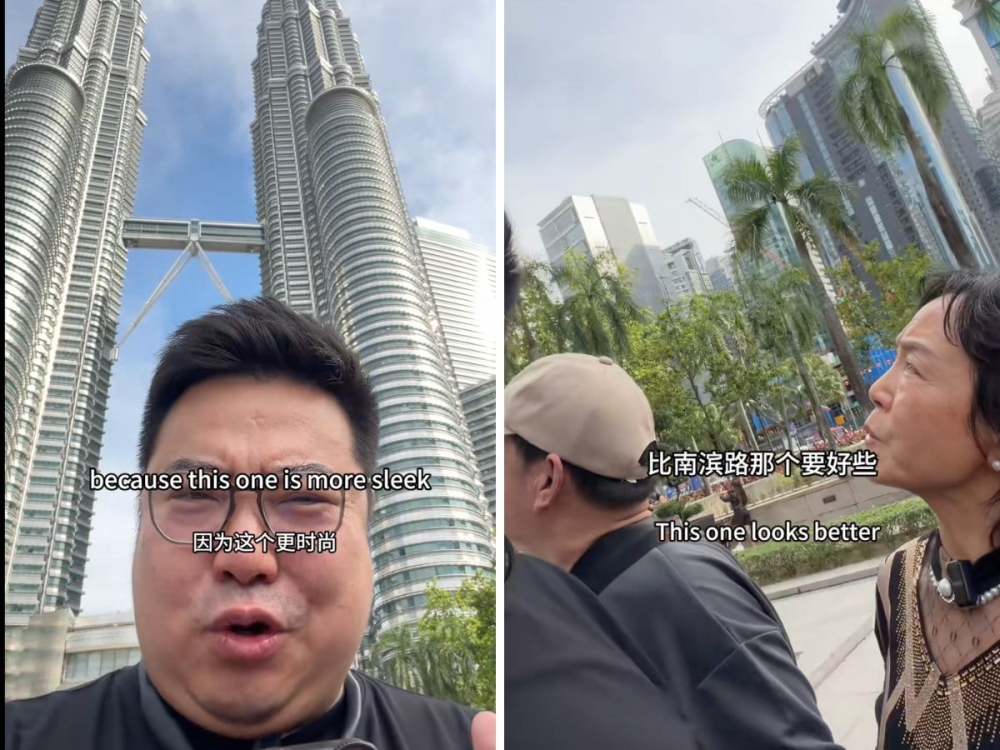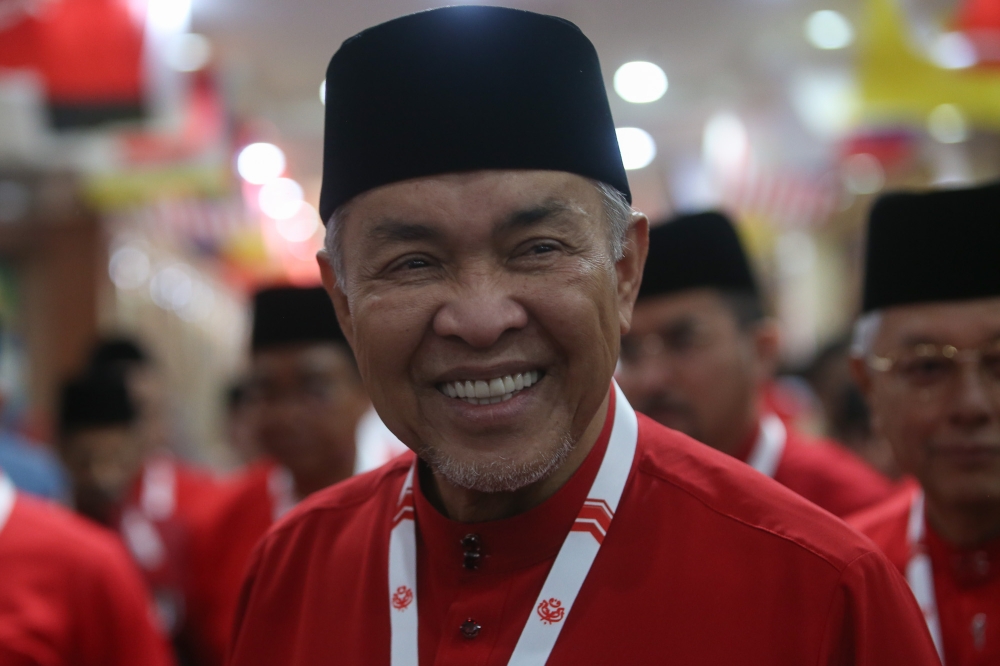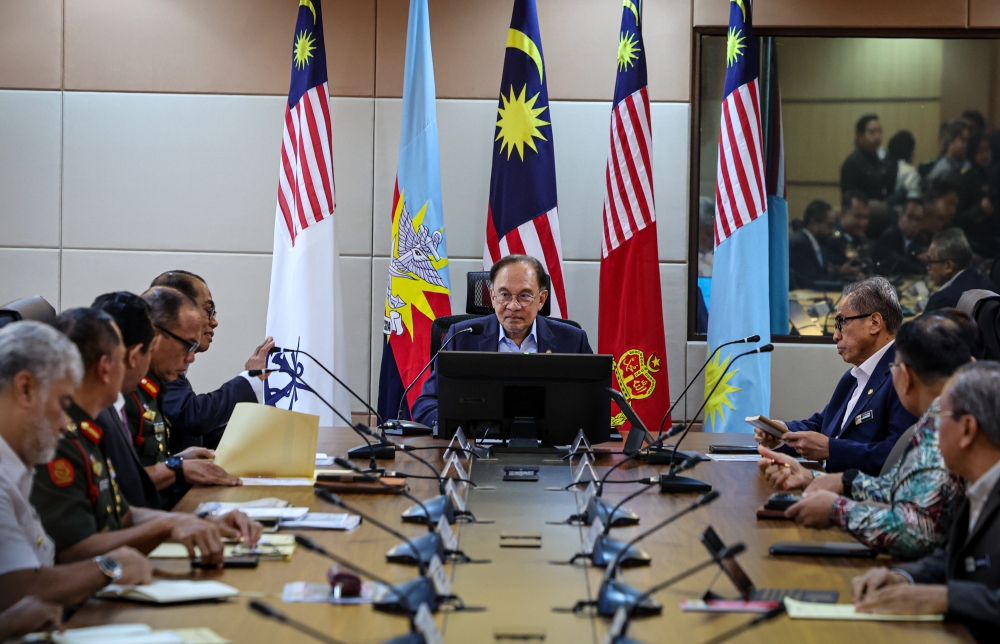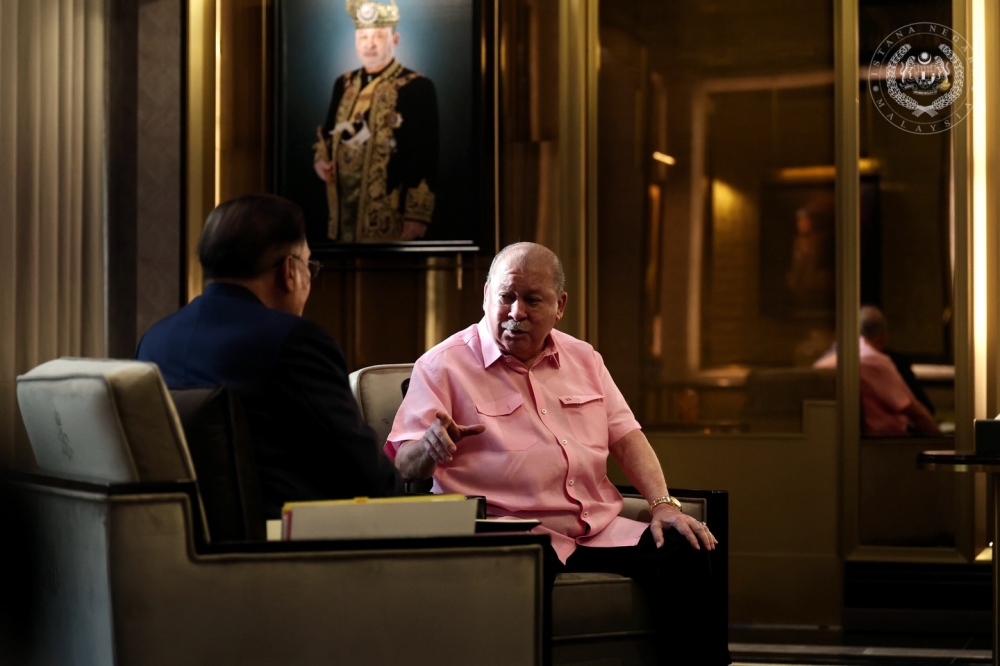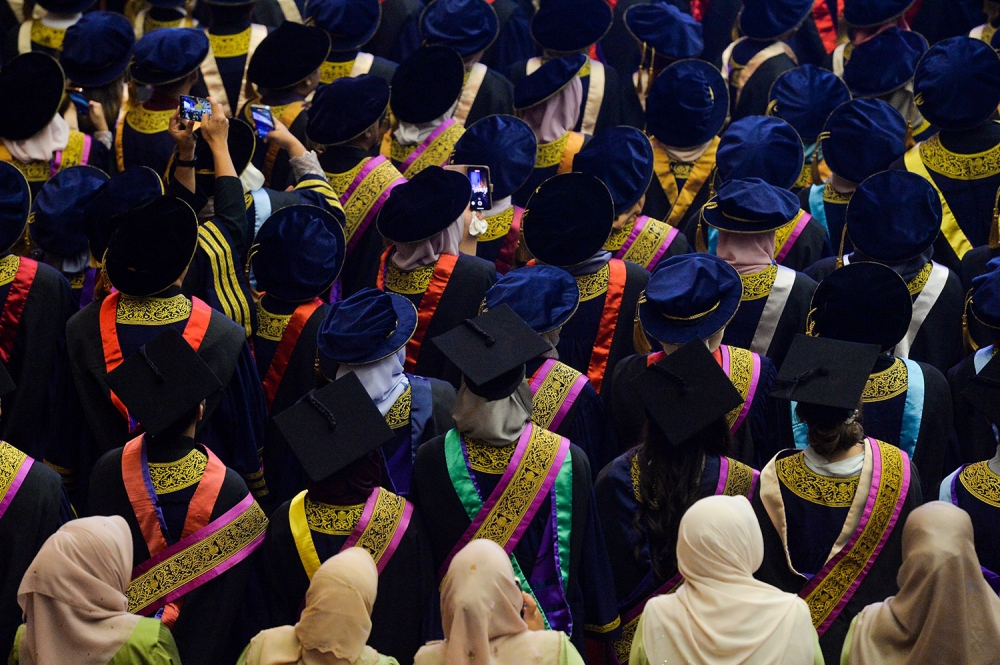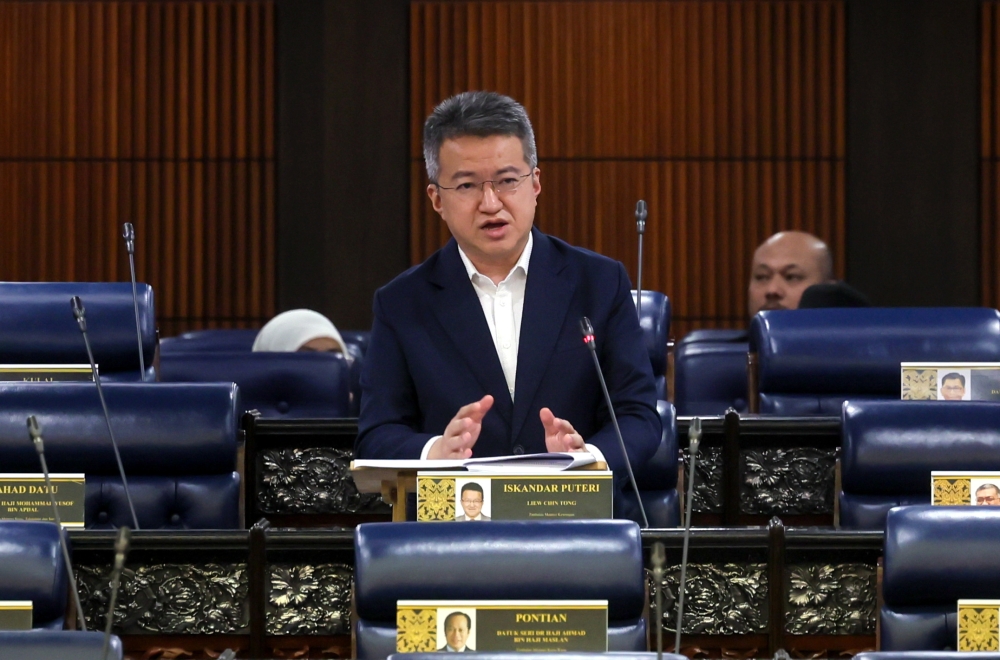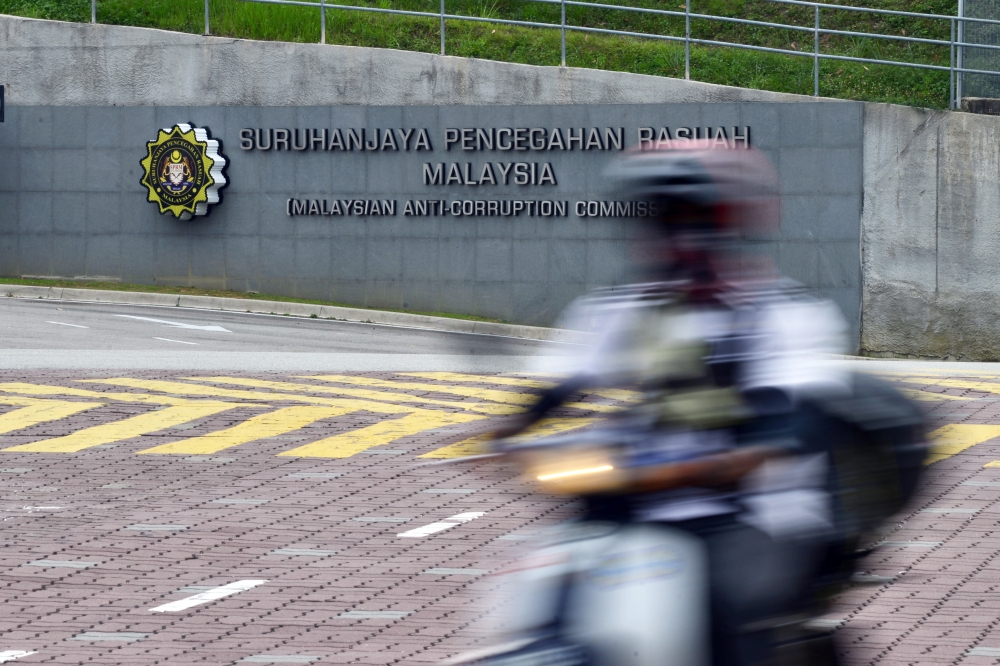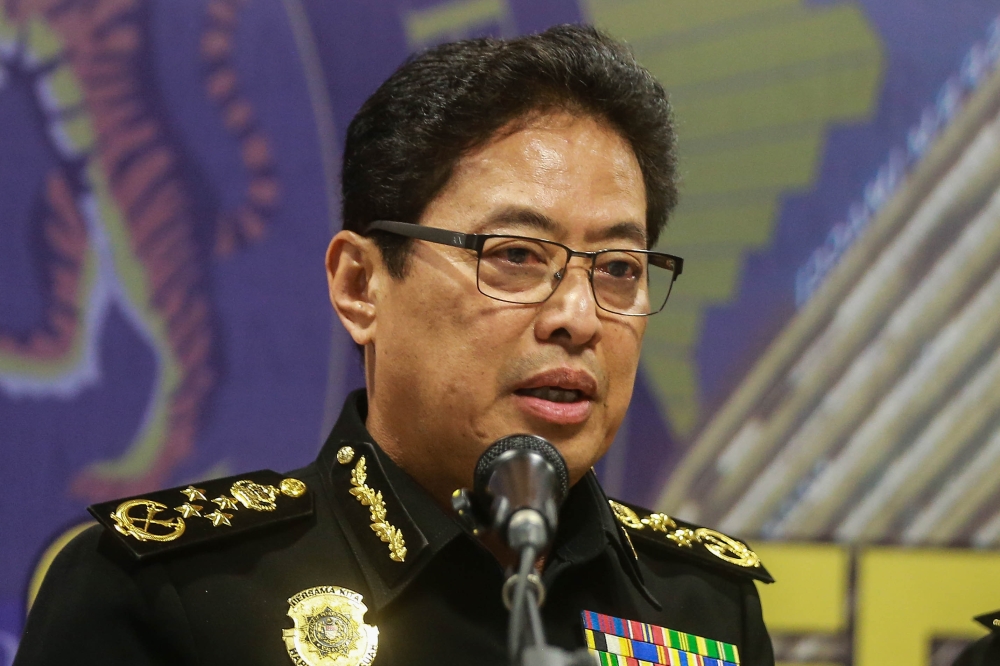KUALA LUMPUR, April 13 — Former auditor-general Tan Sri Madinah Mohamad today agreed that those being audited cannot give instructions to the auditor to drop facts from the audit report.
Madinah was testifying as the 12th prosecution witness in the trial of former prime minister Datuk Seri Najib Razak and former 1Malaysia Development Berhad (1MDB) CEO Arul Kanda Kandasamy over amendments to the auditor-general’s 1MDB audit report.
In this trial, Najib was accused of using his position as prime minister and finance minister in February 2016 to receive protection from civil or criminal action over his role in handling 1MDB operations, by allegedly instructing for amendments to the 1MDB audit report — that was already finalised by then auditor-general Tan Sri Ambrin Buang and was to be presented to parliamentary watchdog Public Accounts Committee (PAC) — before it was finally presented to the PAC.
Arul Kanda was accused of abetting him.
The amended 1MDB audit report had four major amendments, including the removal of mention of Najib’s meeting with the Yang di-Pertuan Agong on May 27, 2009 and Najib’s failure to inform the Cabinet on the same day of his agreeing to delaying the issuance of a RM5 billion bond, the removal of mention of two different 1MDB financial statements for the financial year of 2014, and the removal of mention of Low Taek Jho’s attendance in a 1MDB board meeting on September 26, 2009.
Today, Arul Kanda’s lead defence lawyer Datuk N. Sivananthan cross-examined Madinah on the usual process for auditing.
Sivananthan: Do you agree with me, that an auditee cannot instruct an auditor to remove certain facts or findings in any audit report?
Madinah: I agree.
Sivananthan: Do you agree with me that an auditee, however, may make suggestions as to what information to be included in an audit report based on documents?
Madinah: I agree.
Sivananthan: Do you agree with me it is up to an auditor to accept those suggestions or otherwise?
Madinah: I agree.
Madinah later also agreed that it would be the auditor-general that ultimately decides what should or should not be in the audit report.
Madinah agreed that her understanding of the word “tampering” would suggest there was an unauthorised alteration of the audit report.
Madinah also agreed that she was not involved in the auditing process when 1MDB was being audited in 2015 and 2016, further agreeing that Ambrin was the auditor-general during the audit on 1MDB and the finalisation of the audit report then.
Madinah, who was the auditor-general from February 2017 to February 2019, then agreed with Sivananthan’s suggestion that Ambrin was the “ultimate authority” on the 1MDB audit report in 2016.
Madinah however said she was “not aware” when asked if she knew Ambrin had said he was in full control of the 1MDB audit report.
Madinah also agreed with Sivananthan that Ambrin would be the correct person to explain what had happened during the 1MDB audit process and what was done or not done, further agreeing that the auditor-general has a lot of discretion to decide what should or should not be done.
Sivananthan also suggested that “while you may have done things differently, it is also for Tan Sri Ambrin to exercise his powers as he deemed fit at that time”, to which Madinah then replied “correct”.
Madinah confirmed it would be the normal process during an audit that there would be an exit conference where the auditee would have the opportunity to provide any evidence, and that there would be a confirmation letter sent to the auditee for the latter to reply with facts.
Asked by Sivananthan if she knew that no such letter was sent to 1MDB during the audit process, she said she was not aware.
Madinah agreed that the confirmation letter would be an auditee’s “final opportunity to clarify any issues, request for amendments to be made and challenge the finding”, and said this was “a very important process” in the audit process.
While agreeing that a copy of such a letter would be kept in the National Audit Department’s file as proof of correspondence, Madinah however said she was not aware that such a letter does not exist in the file or that this step of confirmation letter did not take place during the 1MDB audit.
She agreed it would be quite irregular if the audit process had missed out this step.
The trial before High Court judge Mohamed Zaini Mazlan is scheduled to resume on May 20.
